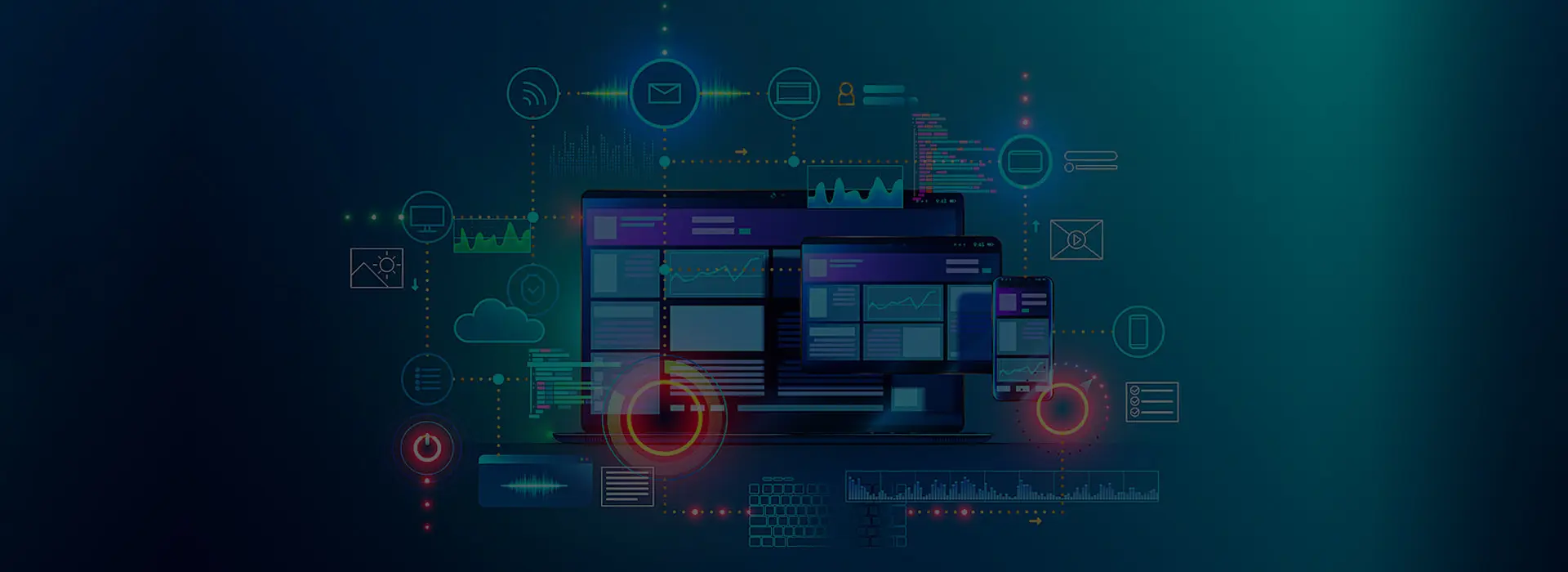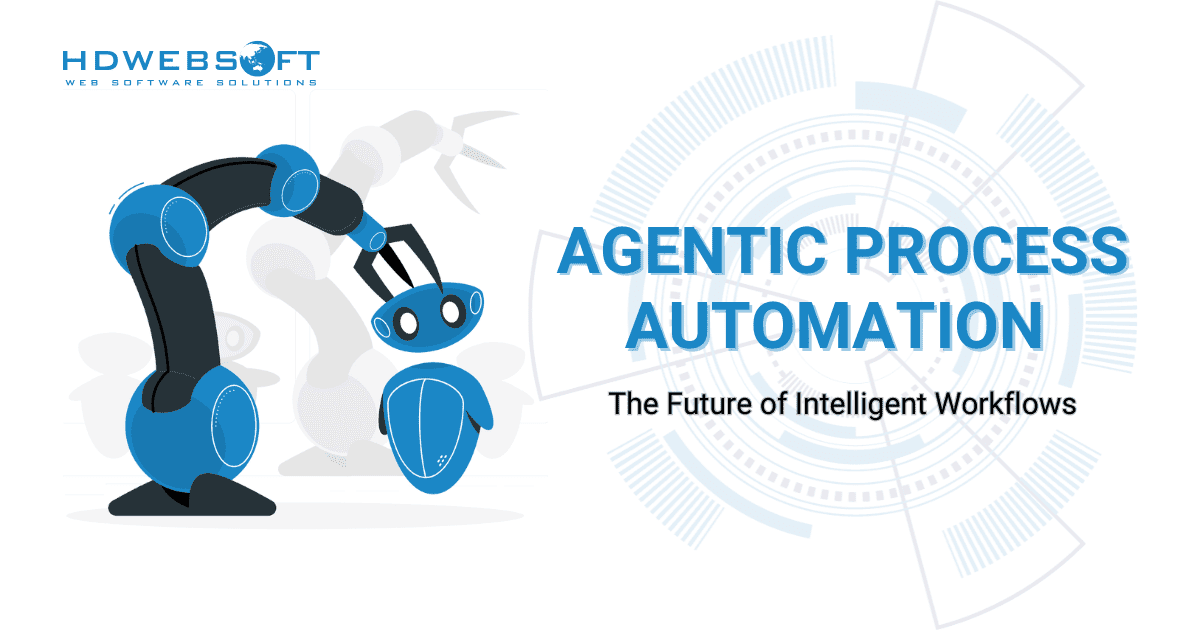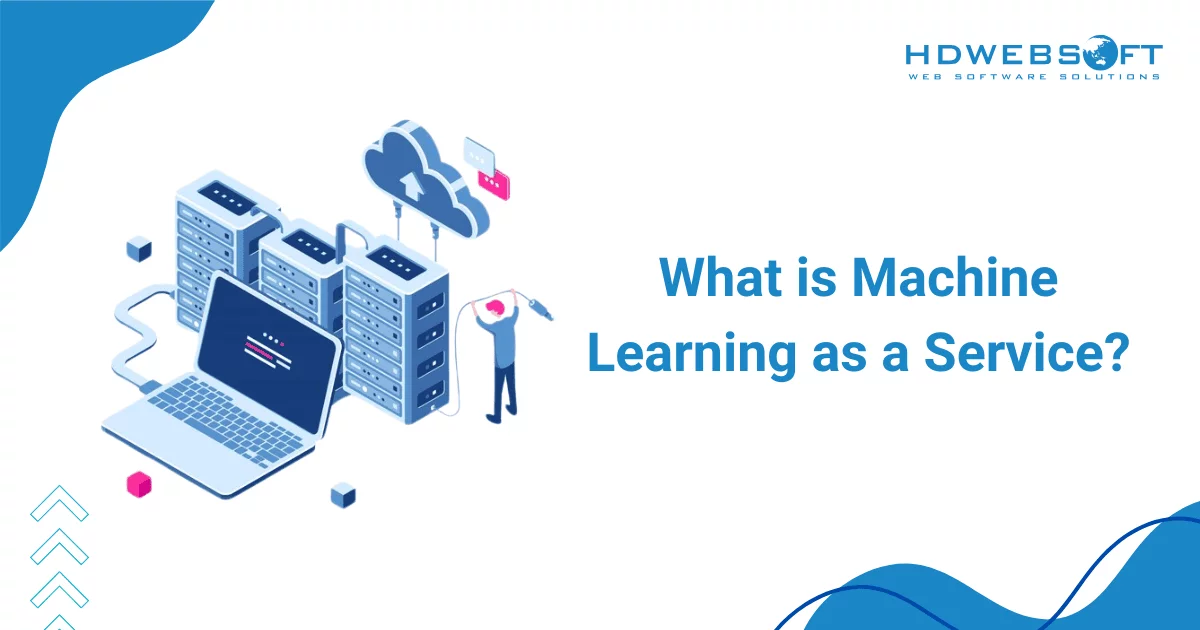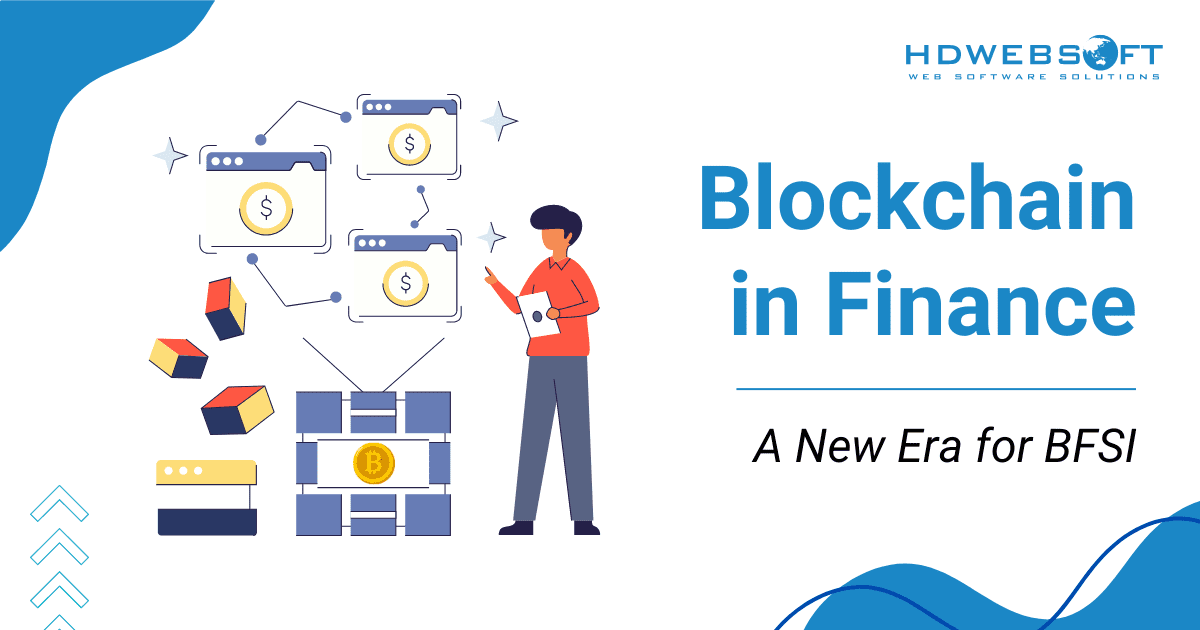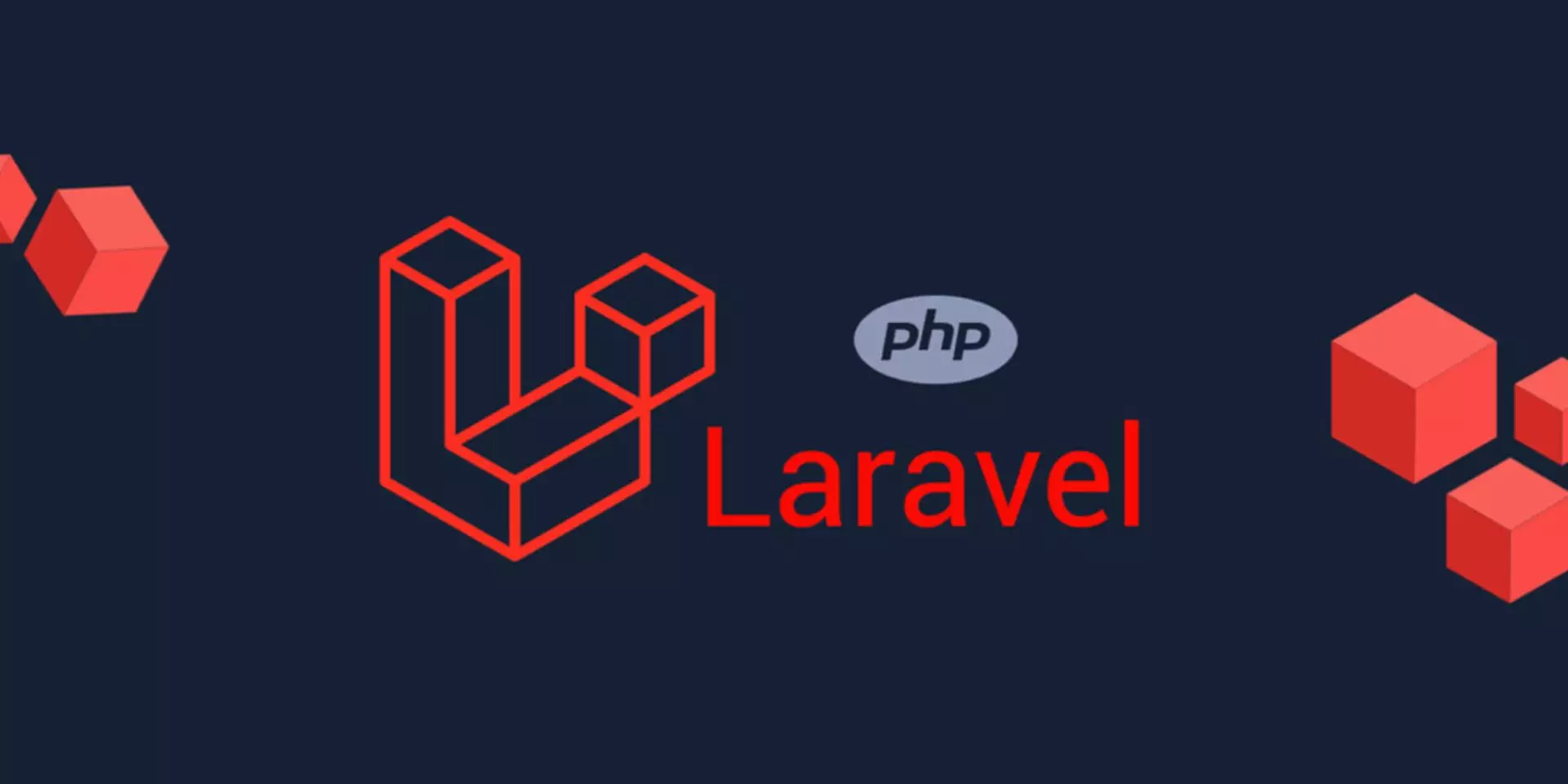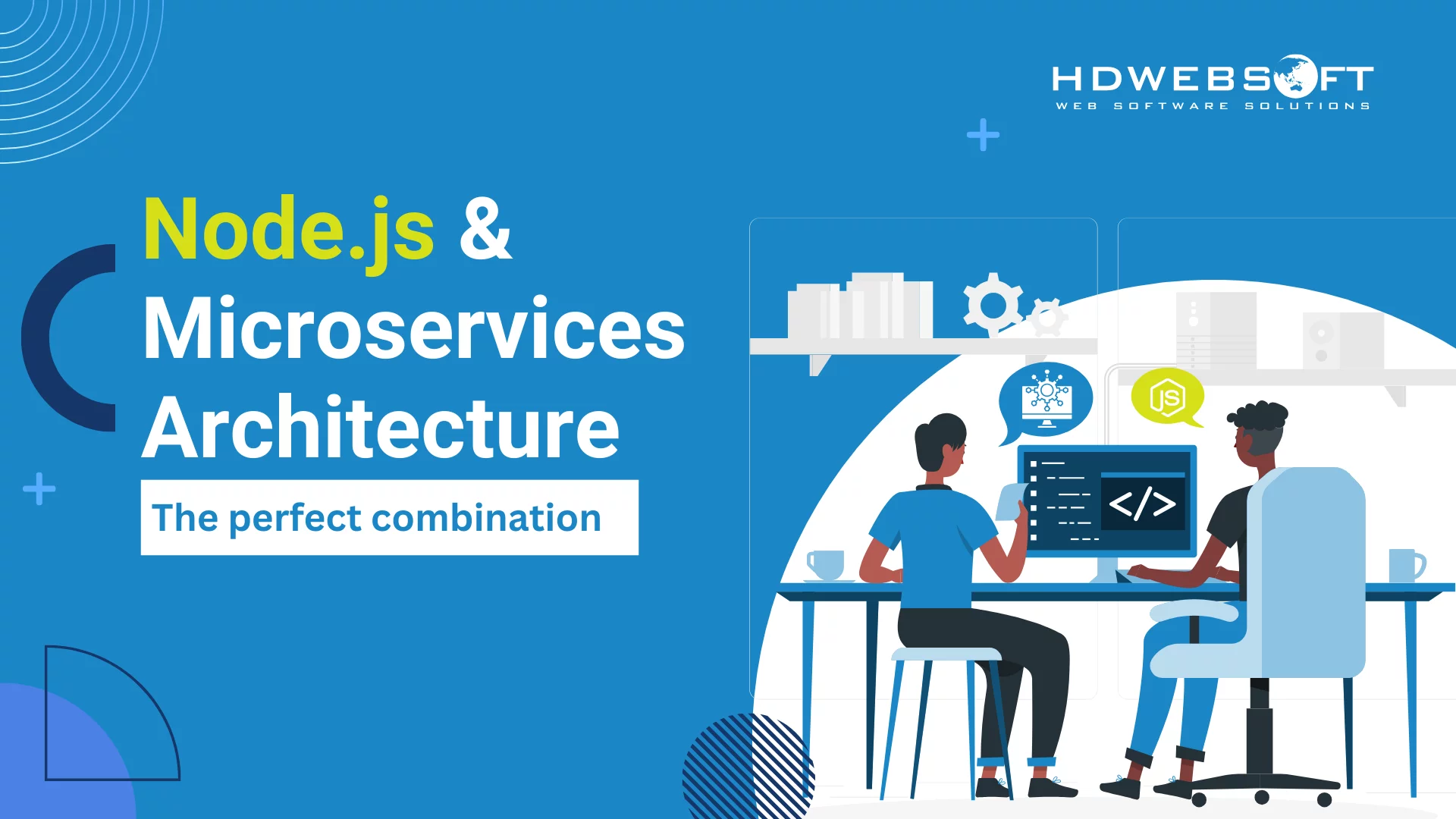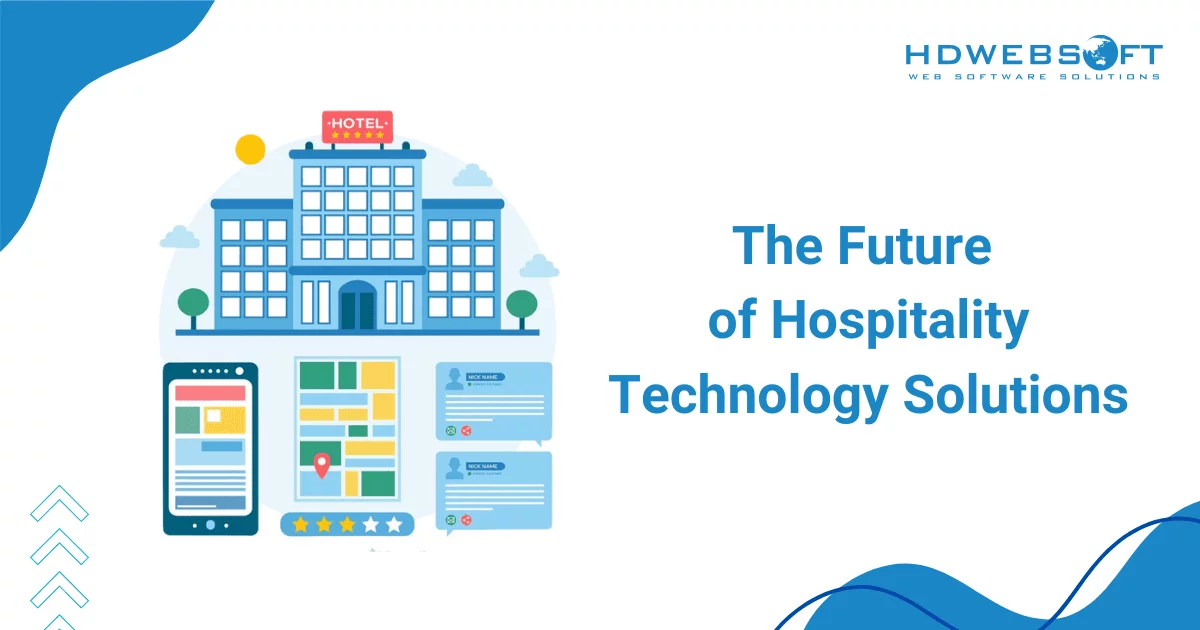
The Future of Hospitality Technology Solutions
Hospitality technology solutions have been at the forefront of a significant transformation in the industry over the past few years. This shift toward digitalization, driven by evolving traveler and guest behaviors, is reshaping a sector once defined by traditional practices. Today, it is clear that hotels worldwide must rely on advanced technologies to streamline and optimize their daily operations.
It’s clear that adopting technology is essential to stay competitive in an industry with increasing demand year after year. Your business needs the right tools to handle this growth. Without them, how can you keep up?
In this writing, we’ll talk about what hospitality technology solutions entail, their current trends, and their future trajectory.
What is Hospitality Technology?
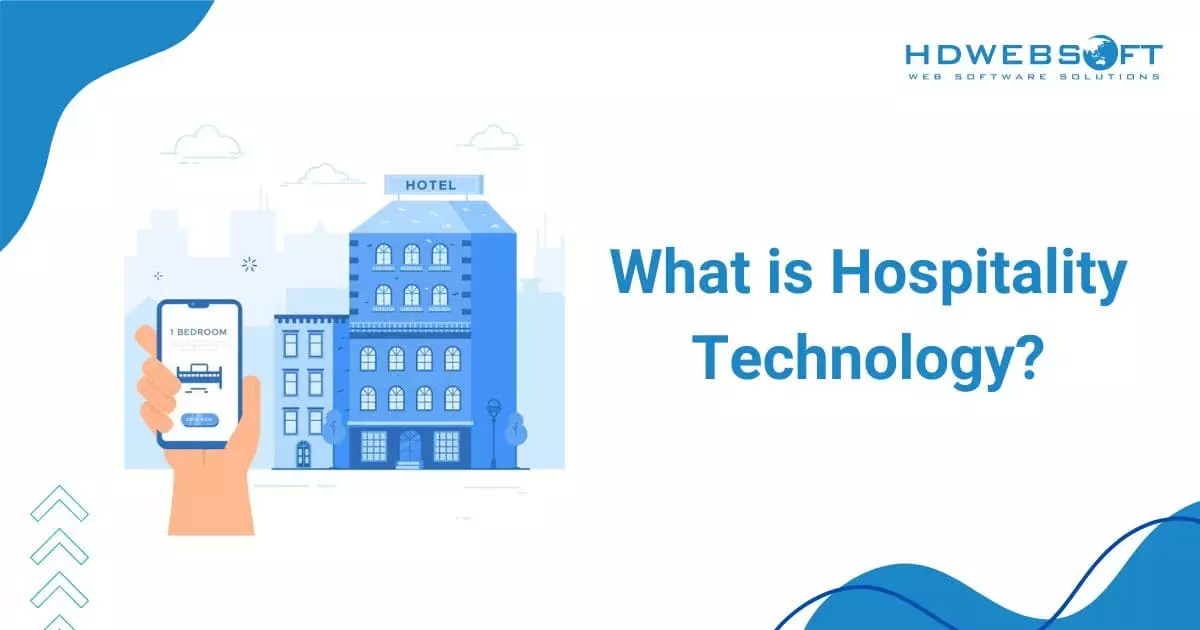
Hospitality technology refers to the wide range of tools, systems, and innovations. These are designed to empower businesses in the hospitality sector.
With these tools in place, hoteliers can:
- Centralize communication with travelers.
- Organize and streamline booking management.
- Enhance the efficiency of check-in and check-out procedures.
- Customize messaging flows for a more personalized experience.
Ultimately, the goal is to work more efficiently, reducing manual effort for routine tasks. Together, these solutions address industry challenges like staffing shortages, evolving guest expectations, and operational inefficiencies.
In recent years, the hospitality technology market has thrived, driven by digital transformation and changing consumer preferences. According to a recent report, the global hospitality technology market is projected to reach $171.6 billion by 2030. This growth reflects the industry’s commitment to adopting innovative solutions that not only meet current demands but also anticipate future trends.
From luxury hotels to small bed-and-breakfasts, hospitality technology solutions are becoming indispensable for businesses aiming to stay competitive. By embracing technology, the hospitality sector is poised to create memorable guest journeys while optimizing profitability and sustainability.
What are the Main Hospitality Technology Solutions Available?
The hospitality industry thrives on delivering exceptional guest experiences while maintaining effortless operations. Let’s explore some of the available hospitality technology that is reshaping the industry.
AI-Driven Chatbots
AI-powered chatbots have revolutionized customer service in hospitality. These bots provide instant responses to common queries, such as room availability, pricing, and reservation modifications. Moreover, advanced voice chatbots further enhance this capability by offering conversational, human-like interactions that align with customer preferences.
For instance, a guest can request room service or inquire about local attractions via a voice-enabled assistant, simplifying communication. By reducing the reliance on front-desk staff, chatbots increase efficiency while delivering 24/7 customer support.
Omnichannel Platforms
Next, omnichannel platforms are central to hospitality technology solutions. In particular, they are vital for managing guest interactions across multiple touchpoints. Whether a guest is booking through a website, mobile app, or third-party service, these platforms create a seamless, unified experience.
In addition, they consolidate customer data, enabling hotels and resorts to personalize services while also streamlining workflows. Additionally, integration with email, social media, and even physical kiosks ensures consistent communication, which ultimately enhances guest satisfaction.
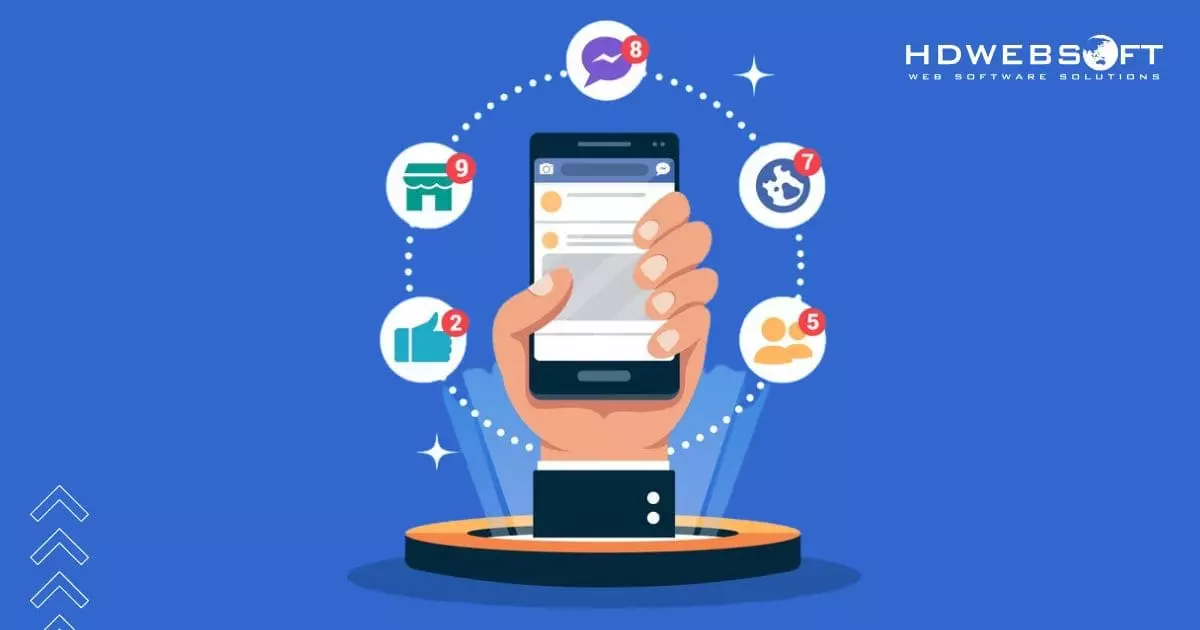
As one of the current hospitality technology solutions, omnichannel has been a great help for hoteliers.
A penny for our thoughts: Make sure the platform you select includes intelligent dashboards with accurate data. This will allow you to:
- Monitor which channels generate the most direct bookings,
- Pinpoint top-performing channels,
- Evaluate the balance between human and AI-driven interactions.
WhatsApp APIs
It’s no secret that WhatsApp is one of the most widely used messaging apps worldwide. Many hotels use this platform to confirm bookings, send reminders, or resolve guest inquiries. That’s why WhatsApp APIs have become indispensable hospitality technology solutions for direct and instant guest communication.
Through features like multimedia messaging, businesses can share promotional content, menus, and maps. The simplicity of WhatsApp fosters stronger engagement, creating a more responsive and connected guest experience.
Personalized Message Flows
These tools elevate guest engagement by tailoring communication to individual preferences. It uses data from past interactions extracted from your property management software (PMS), spreadsheets, or other third-party systems. By then, businesses can craft messages that resonate with guests.
With automated message flows being set up and tailored to your hotel’s unique needs, you can:
- Send check-in/check-out details
- Share hotel policies
- Offer amenities
- Provide vouchers for returning guests
- And much more!
Consequently, this approach helps build stronger relationships, making guests feel valued at every step of their journey without overwhelming your staff.
System Integrations
Frictionless system integration is the backbone of modern hospitality technology solutions. By connecting tools like PMS, customer relationship management (CRM), and revenue management systems (RMS), businesses can operate more cohesively. Integrated systems eliminate data silos, allowing teams to access real-time information and make informed decisions. For example, PMS integration with RMS enables dynamic pricing based on current demand, ensuring profitability and efficient resource utilization.
Maybe you’re interested: EPR or CRM for Your Business?
Top 8 Hospitality Technology Trends in 2025
The hospitality industry is undergoing a significant transformation, with technological innovations redefining guest experiences and operational efficiency. Here are the top eight hospitality technology trends to watch in 2025, helping businesses stay ahead of the curve.
Contactless Solutions
Nowadays, contactless technology has become a mainstay in hospitality, driven by guest demand for smooth and hygienic interactions. From touchless check-ins and keyless room entry to contactless payments, these solutions streamline operations and improve guest satisfaction. With these hospitality technology solutions, guests can now use smartphones or QR codes to access services, reducing physical touchpoints.
For starters, implementing contactless technology in hotels for automated check-in, checkout, payment, room service, and bookings offers several benefits:
- Enhanced safety: AI-powered chatbots reduce physical interactions, lowering the risk of virus transmission.
- Greater efficiency: Check-in apps simplify processes, saving time on guest interactions and improving the overall guest experience.
- Cost savings: Contactless solutions help reduce operational costs and improve resource management.
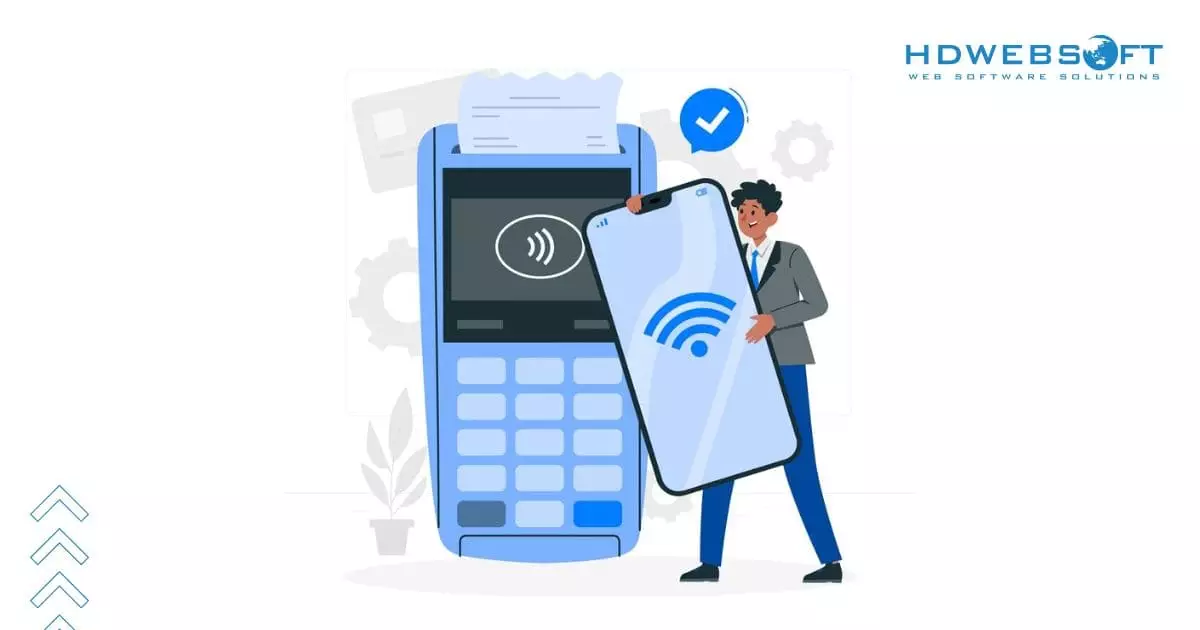
Ever since COVID-19, this trend of hospitality technology solutions has been widely adopted.
A statistic revealed that 80% of travelers prefer using self-service options such as kiosks or mobile apps for booking and check-ins. Additionally, businesses adopting contactless technology can integrate it with loyalty programs, enabling personalized offers and rewards in a frictionless manner. This trend reflects a shift towards convenience and efficiency in guest interactions.
Voice Technology
Along with contactless tech, voice technology is emerging as a game-changer in hospitality technology solutions. As a result, hospitality companies are leveraging voice technology to improve the guest experience and offer personalized service.
Owing to that, the global voice assistants market is projected to grow to USD 29.67 billion by 2030. The applications of voice assistants in smart rooms are varied.
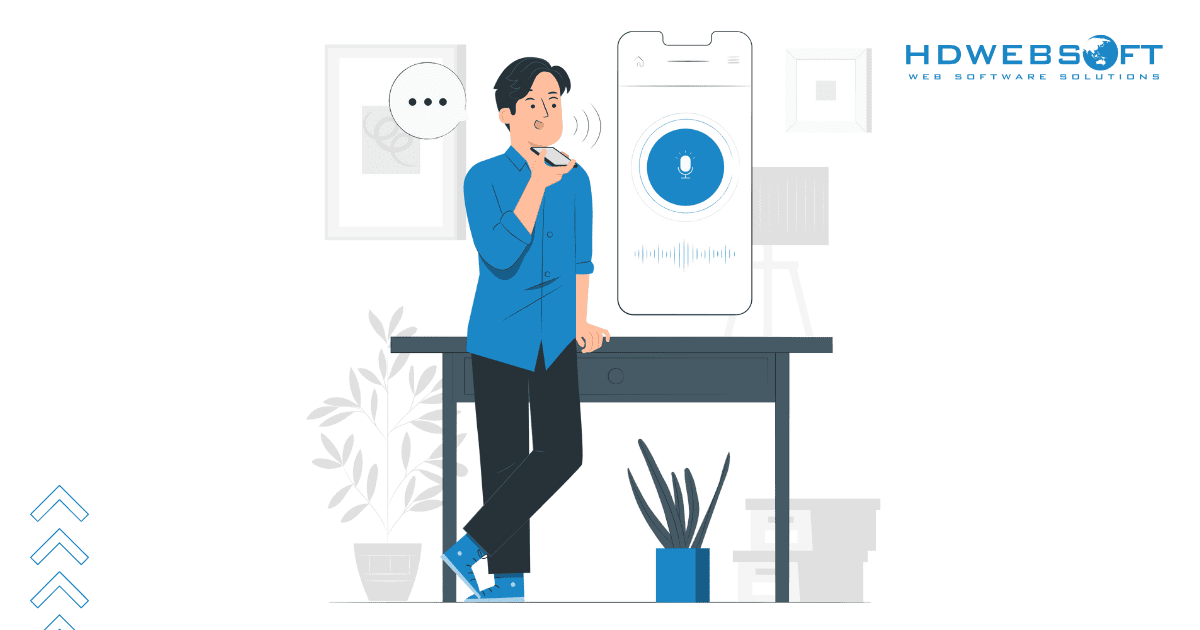
Virtual assistants can help big time in providing constant customer service.
Namely, hotels utilizing AI-powered devices like Alexa or Google Assistant enhance guest experiences by offering immediate assistance and personalized services. Voice chatbots, on the other hand, streamline communication by handling booking inquiries or providing travel recommendations. This technology is set to grow, especially as guests seek more personalized and convenient ways to engage with businesses.
Artificial Intelligence (AI) and Machine Learning (ML)
AI and ML are among the advanced technologies in hospitality that are utilized for intelligent travel data collection and analysis. These technologies can analyze massive amounts of data to predict and provide the right services to the right guests.
Thus, businesses in the hotel industry are utilizing these hospitality technology solutions to gain deeper insights into their customers. They analyze various types of data, including:
- Metadata: location, browser, device, session duration, and referral source
- Behavioral data: past travel bookings, search queries, destination searches, email subscriptions, and online activities
- CRM data: purchase history, details, and service preferences
- Social media data: reviews, service feedback, shared photos, geo-tagged locations, and social media comments
Interacting with the assistant enables guests to get dinner recommendations or request fresh towels. In addition, this AI software can engage with guests in an authentic manner. Embracing such hotel technology trends enhances customer satisfaction and promotes retention.
Cloud Computing
Hotel businesses can adopt smarter preventive maintenance strategies by utilizing cloud-based tools for property, inventory, and hotel management. These systems leverage real-time data and predictive analytics to track equipment performance, detect potential issues early, and efficiently plan maintenance. As a desired result, this proactive method minimizes downtime, extends asset lifespan, and boosts overall operational efficiency.
Additionally, the hospitality technology solutions facilitate remote access, making it easier for managers to oversee operations across multiple locations. By centralizing data, cloud platform solutions improve decision-making and streamline workflows. For guests, this means quicker service delivery and consistent experiences, regardless of the property they visit.
Internet of Things (IoT)
The Internet of Things (IoT) is transforming hospitality spaces into smart environments. IoT-enabled devices in guest rooms, such as smart thermostats and lighting, allow for personalized settings based on guest preferences. These technologies not only enhance comfort but also promote energy efficiency.
By connecting various devices and sensors, hotels can provide personalized services, such as adjusting room temperature and customizing lighting. In addition, real-time monitoring simplifies maintenance and housekeeping.
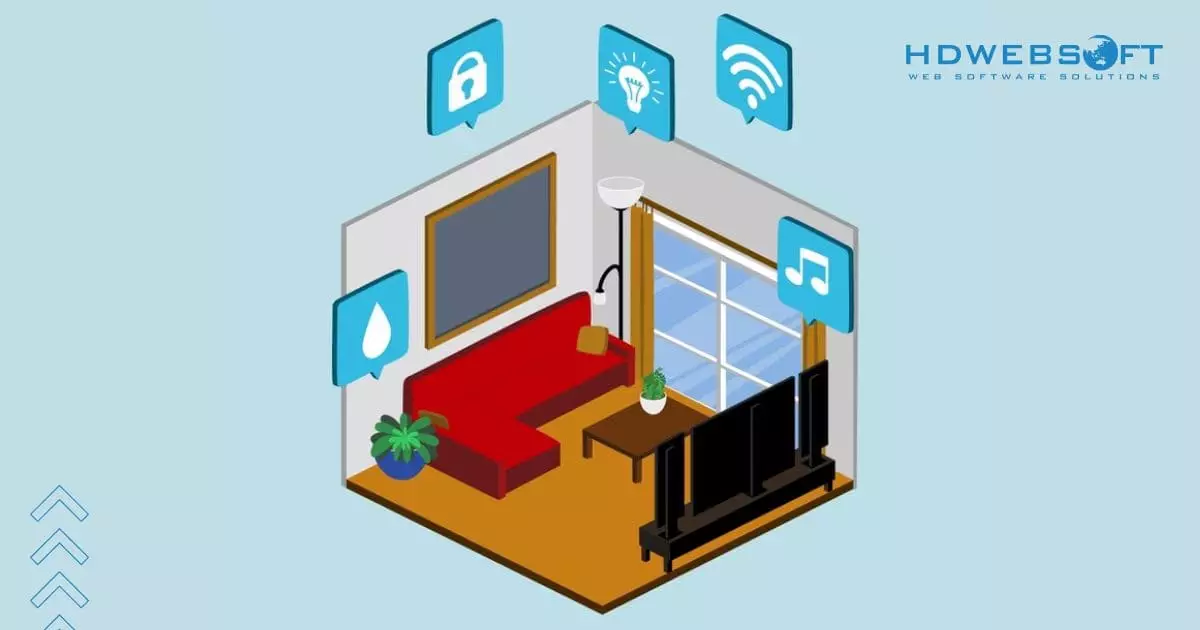
A smart environment is one of the noticeable hospitality technology solutions since everything can be controlled based on customer preferences.
While increasing customer satisfaction, IoT-based hospitality technology solutions also provide many other benefits:
- Streamlined operations
- Insightful, data-backed decision-making
- Environmental sustainability
- Enhanced safety and security
In short, this trend is critical as businesses prioritize eco-friendly practices without compromising guest satisfaction.
Virtual Reality and Augmented Reality
VR and AR technologies are reshaping guest engagement by offering immersive experiences. Hotels and travel agencies use VR for virtual tours. The guest can now explore rooms, amenities, and destinations before making bookings.
On the other hand, AR enhances on-site experiences. For example, AR-enabled apps provide interactive maps of hotel facilities or showcase local attractions in real-time. These tools are invaluable for attracting tech-savvy travelers who value unique and engaging experiences.
Additionally, these trends in the hospitality industry can enhance multiple facets of the hotel experience. Travel businesses can boost customer satisfaction further by creating memorable and engaging experiences for guests, such as:
- Offering 360-degree virtual tours of hotel rooms, facilities, and amenities
- Developing AR apps for real-time translations
- Providing VR headsets in rooms for an immersive guest experience
As these technologies become more accessible, their adoption in the hospitality sector will continue to grow.
Check out HDWEBSOFT Travel Software Development Services.
Robotics and Automation
Though not a new concept in the hospitality industry, robotics utilizes machines with custom software to handle essential hotel services. The adoption of robotics saw steady growth during the pandemic. Since then, it is now an integral part of hospitality technology solutions. Particularly, robots are being deployed for these tasks:
- Hotel services
- Housekeeping
- Front desk operations
- Meal delivery
- Language translation
Moreover, automation extends beyond robots to include smart kiosks for self-check-ins and automated inventory systems for back-end operations. These innovations not only reduce human error but also allow staff to focus on delivering personalized guest services. As the technology becomes more cost-effective, its implementation in everyday hospitality operations is expected to rise.
Big Data Analytics
Big data analytics is a powerful tool for understanding guest behaviors and preferences. By analyzing booking patterns, feedback, and transaction data, businesses can tailor services to individual needs.
In particular, data insights can help hotels predict peak seasons and optimize staffing levels or marketing campaigns accordingly. They also play a crucial role in loyalty programs, offering personalized rewards that resonate with guests.
Future Prospect for Hospitality Technology Solutions
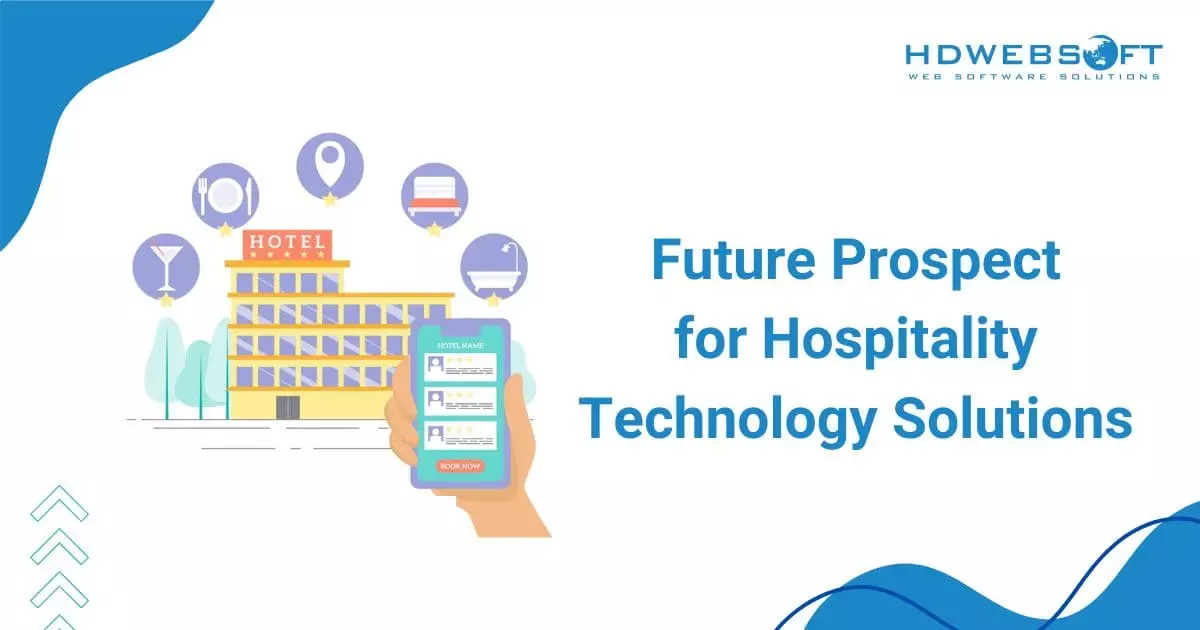
We believe that the future of hospitality technology solutions is poised to redefine guest experiences and operational efficiency. Businesses will increasingly adopt integrated platforms powered by artificial intelligence for hyper-personalized services. Technologies like voice assistants, contactless solutions, and Internet of Things devices will continue to enhance convenience. After all, they can assist guests to control their environment effortlessly.
Sustainability will also take center stage, with smart energy systems optimizing resource use and reducing environmental footprints. Additionally, immersive tools like virtual and augmented reality will transform how travelers explore destinations and properties, creating richer experiences.
What’s more, as automation and robotics become more accessible, routine tasks will be effortlessly handled. It’ll free up staff to focus on meaningful customer interactions.
Conclusion
Hospitality businesses must stay ahead by leveraging the right technology solutions. From enhancing operational efficiency to delivering unforgettable guest experiences, these innovations are key to thriving in a competitive market. With 39% of hoteliers affirming that hospitality technology solutions boost efficiency, embracing these tools is no longer optional but necessary.
Investing in the right technologies will meet current demands and future-proof your business for the hospitality landscape. At this point, choosing a reliable partner is crucial to implementing these solutions effectively. That’s where HDWEBSOFT comes in. As a trusted name in hospitality software development, we specialize in creating tailored solutions that drive business growth. Contact us for a consultation!


